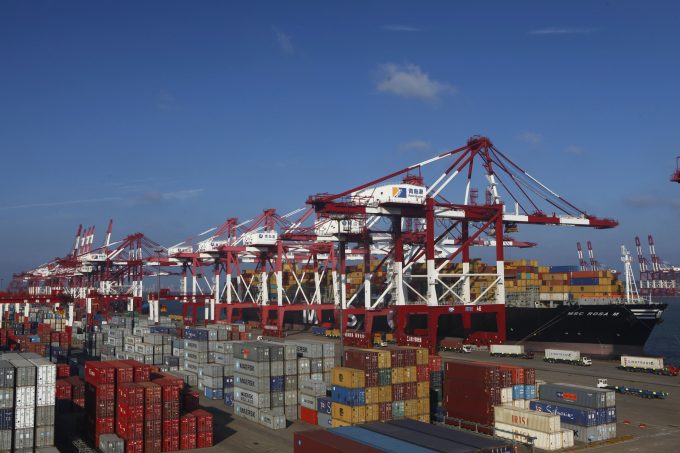Forwarders fear for margins amid volatility and strategy uncertainty
Forwarders are divided about how 2025 will pan out financially, with the lack of visibility ...

Ningbo-Zhoushan Port Group said yesterday there was no noticeable arrival of containerships diverted from Shanghai so far, despite that city and its port being in the second week of indefinite lockdown.
A spokesperson said: “We’re doing a good job of epidemic prevention and control to ensure ...
CMA CGM South Korean staff strike over bonuses after bumper 2024 profit
MSC switches two more Asia-Europe port calls from congested Antwerp
Ports and supply chain operators weigh in on funding for CPB
Nightmare for Bangladeshi exporters as congestion and tariffs bite
Carriers introduce surcharges as congestion builds at African ports
Box ship overcapacity threat from carrier appetite for new tonnage
CMA airline returns two freighters, while ANA takeover of NCA looms
Tradelanes: Export boom in Indian sub-continent triggers rise in airfreight rates

Comment on this article